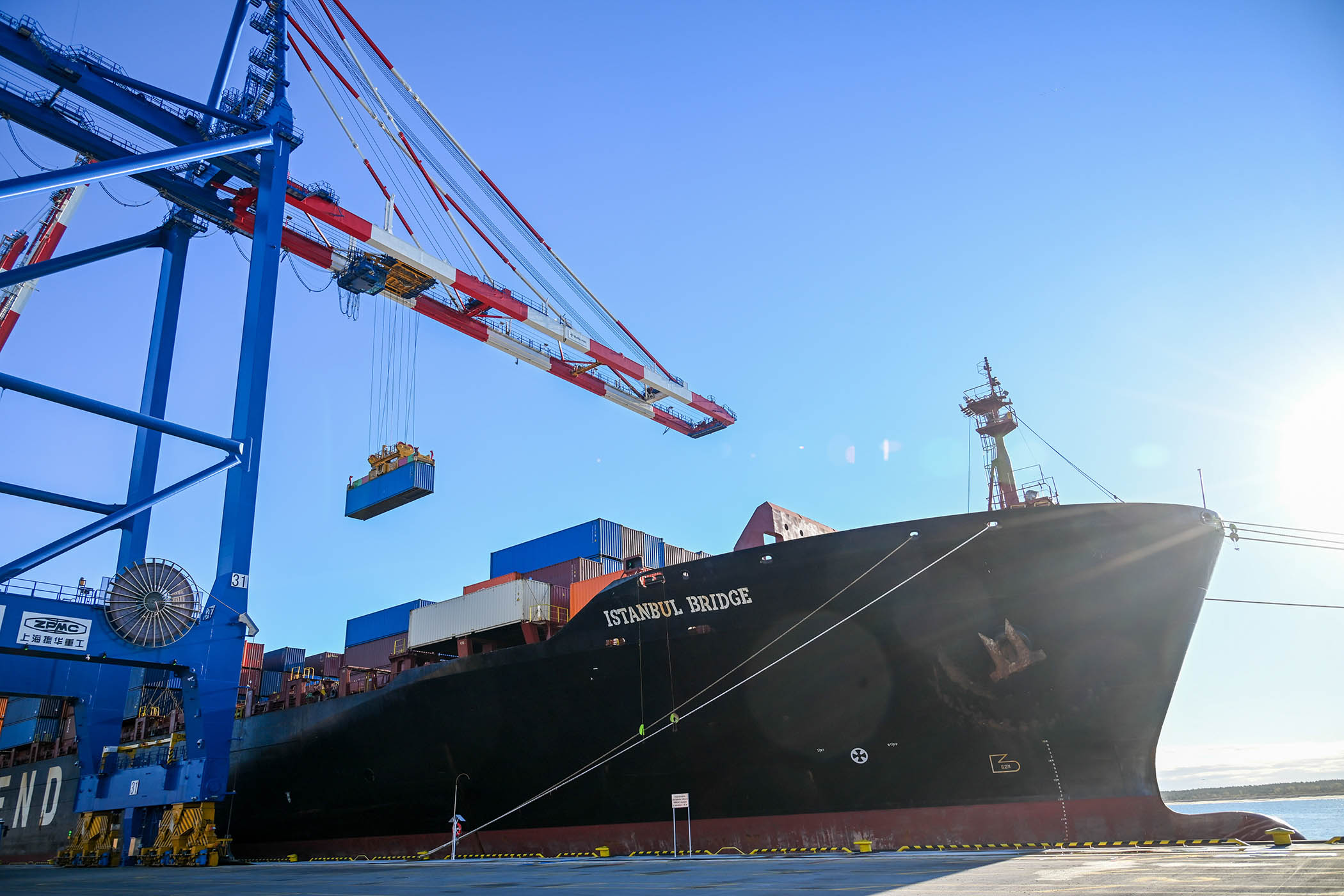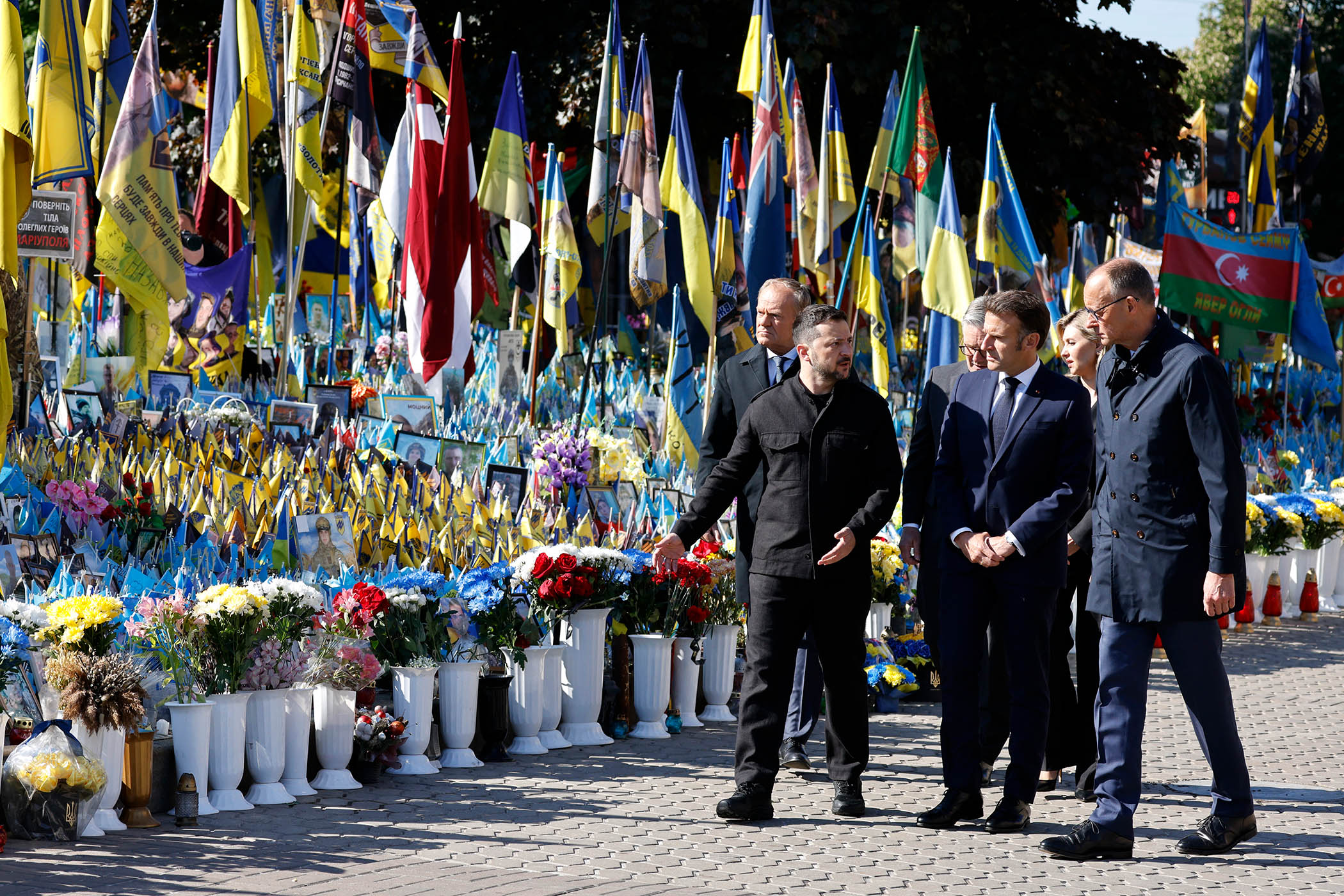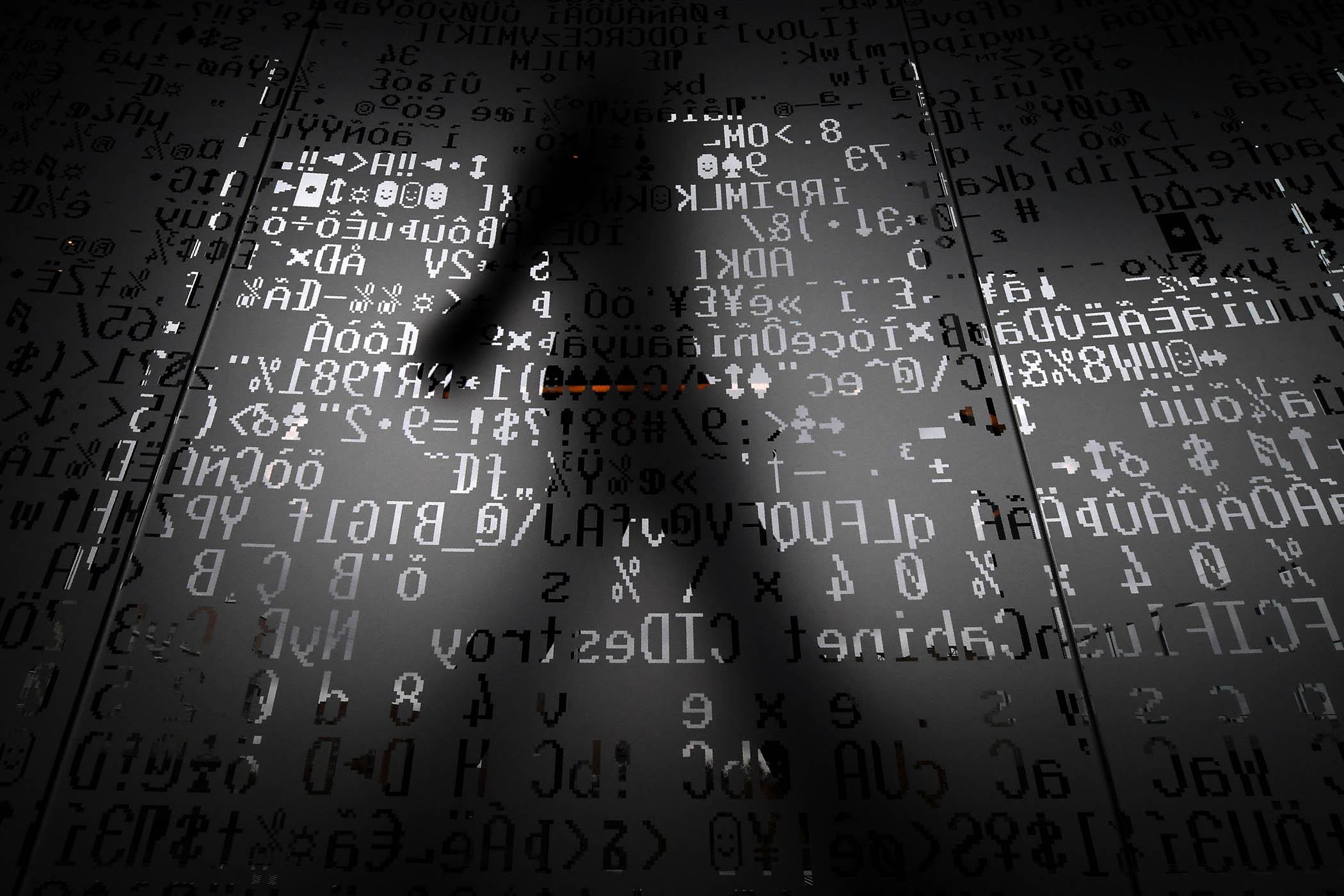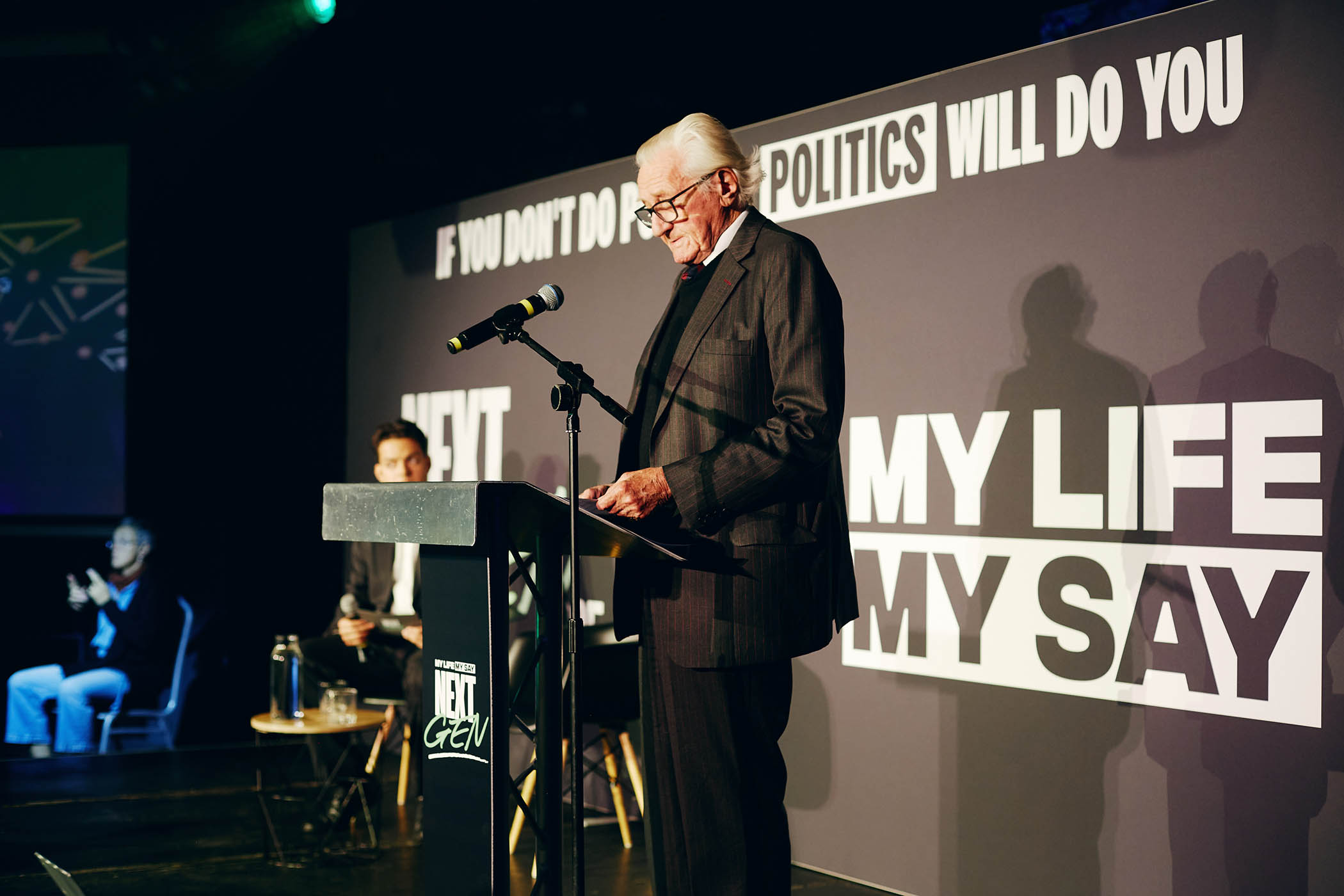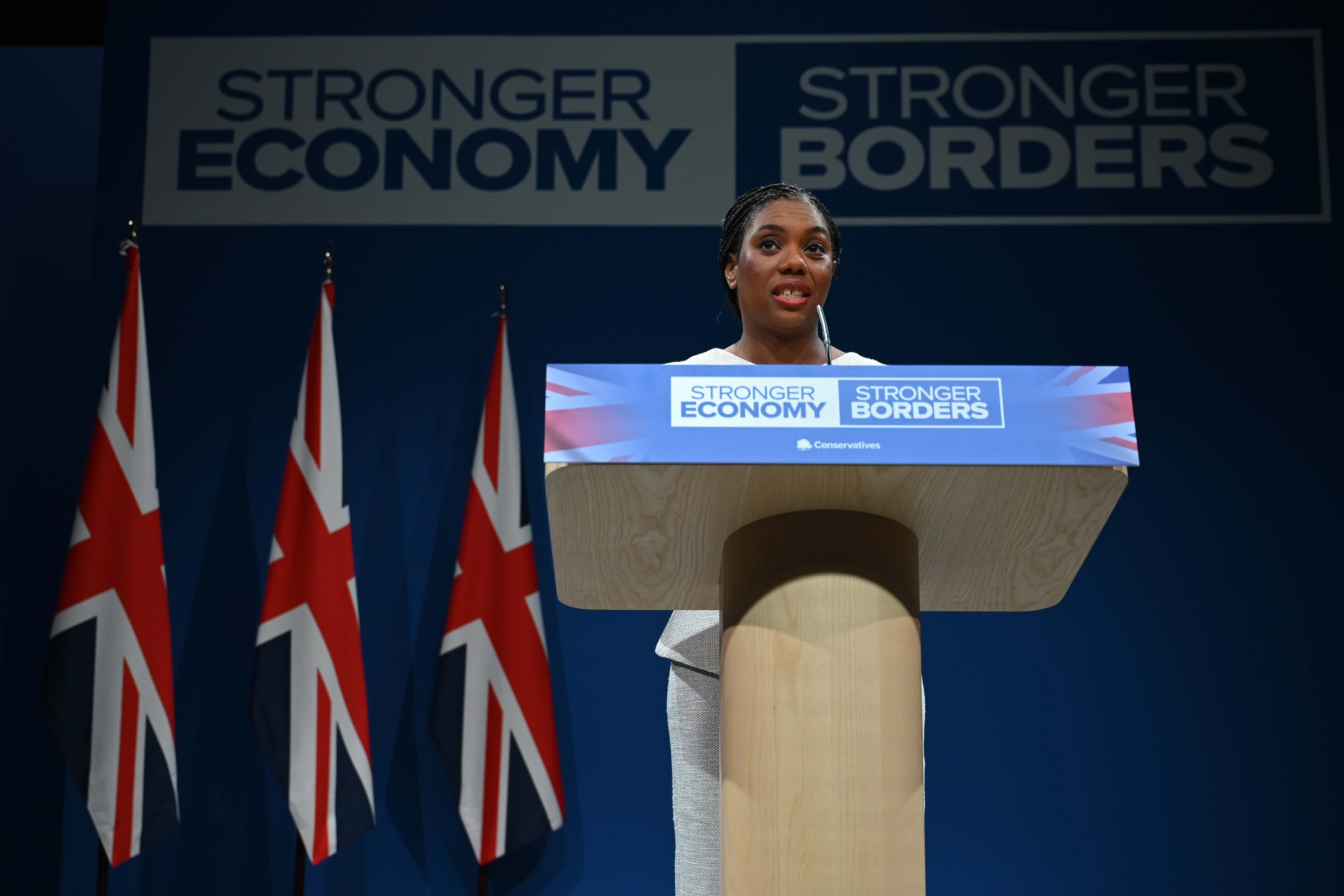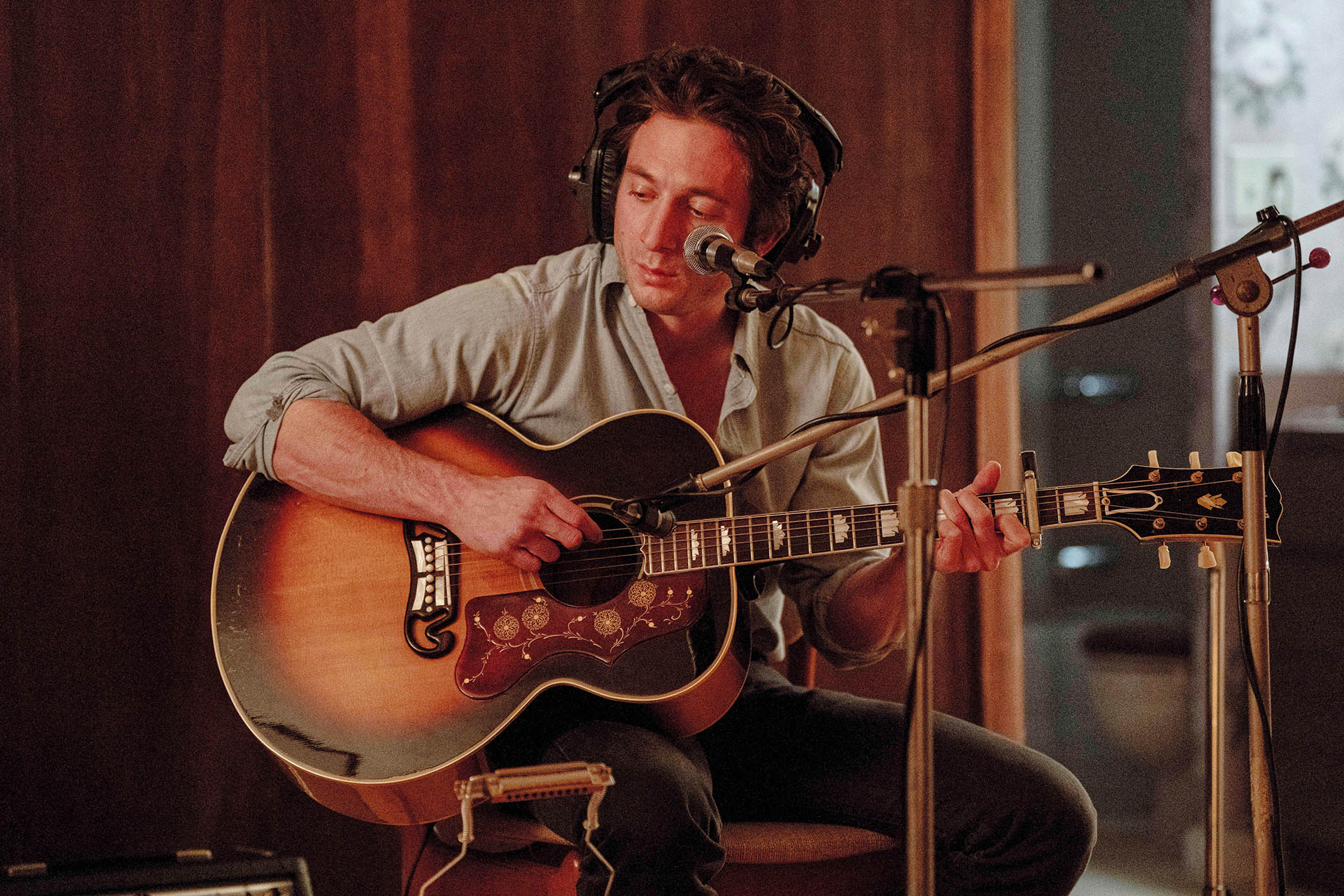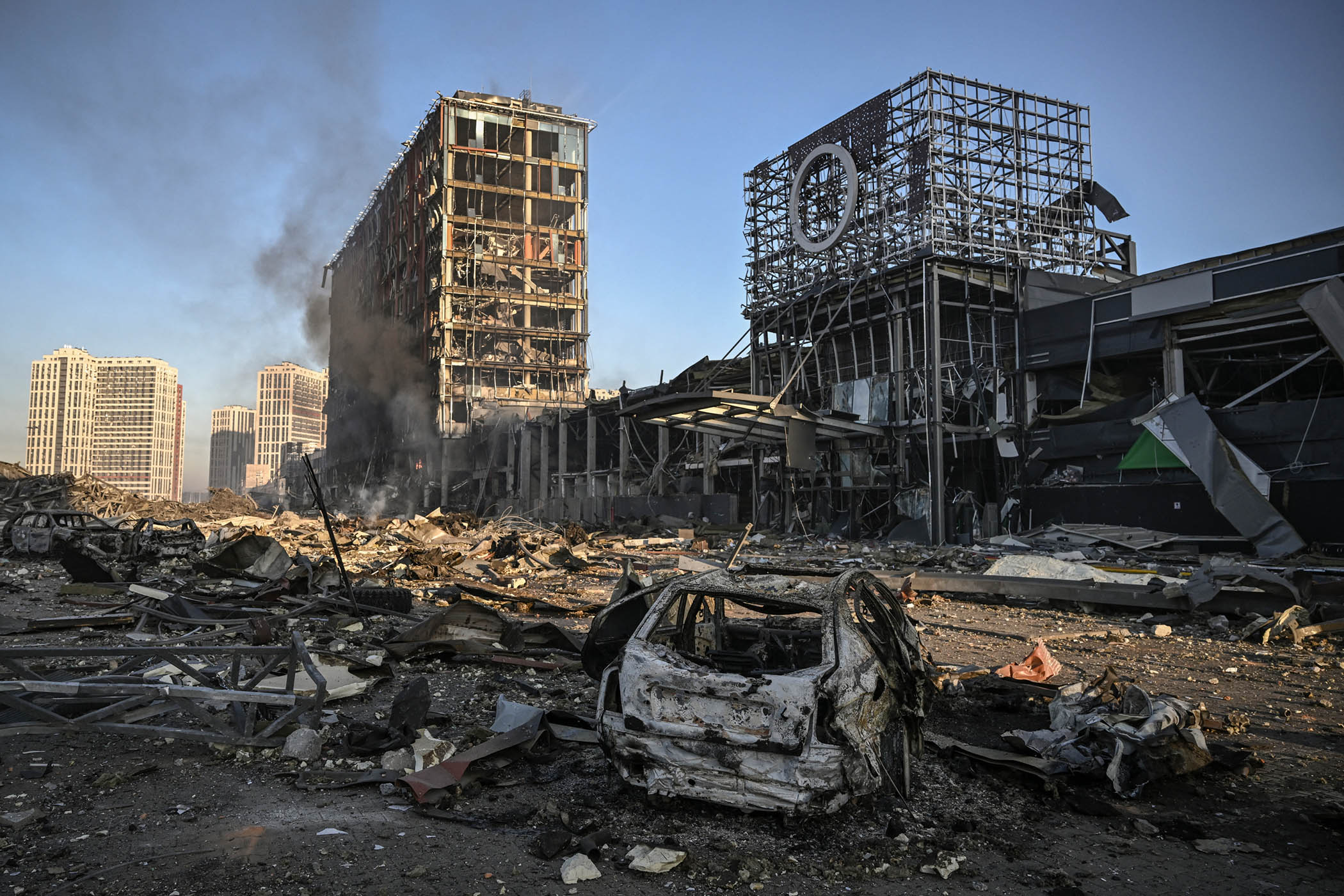
Nato’s European members and the EU need to join forces and provide Ukraine with the resources it desperately needs
Bleak experience suggests there are two ways of making Vladimir Putin change his behaviour. One is to inflict defeat or a serious setback on his armed forces. The other is to wreck his economy. He has suffered setbacks but hasn’t been defeated. His economy has been squeezed but not wrecked. Inflation is high but so are wages. The energy sector continues to fund the war in Ukraine, even though most Russian oil exports are sold at a discount.
Last week, three years too late, the US imposed serious sanctions on Russia’s two biggest oil companies. This will limit the amount of money Putin has to maul Ukraine. At the same time, Europe had a chance to increase – dramatically – the amount of money Ukraine has to defend itself. Unfortunately, it wasn’t taken.
That chance came last Thursday night, when EU ministers met in Brussels to agree a plan for loans worth €140bn (£121bn) to Ukraine backed by frozen Russian sovereign assets. If agreement had been reached, the plan would have used Russian money to punish Russia for its war. It would have compensated for cutbacks in US aid to Ukraine, filled a looming €50bn hole in Ukraine’s budget and deterred other countries with significant foreign assets from launching unprovoked invasions. But agreement wasn’t reached. Instead, Belgium refused to sign and the EU agreed only to revisit the proposal in December.
Belgium’s European commissioner said the EU was “not ready”. In reality, it is Belgium that isn’t ready. It hosts Euroclear, a securities depository holding €190bn of Russian assets, and worries that seizing them would violate sovereign immunity protections enshrined in international law, set a precedent that could put sovereign investments everywhere at risk and leave Belgium exposed to Russian litigation.
There are three objections to this argument. The first is that the plan is not to seize the assets but use them as collateral for zero interest loans repayable only if Russia eventually pays reparations. The second is that the rest of the EU has promised to share any legal risk in the highly unlikely event that Russia finds a jurisdiction in which to sue Belgium with any prospect of success. The third is that Russia’s war on Ukraine is an exceptional crime that warrants an exceptional response.
Related articles:
Belgium is by no means solely to blame for the collapse of the European plan. It wants its fellow EU members’ legal guarantees to be more detailed, and they should be. EU states also need to stop arguing among themselves over precisely how the money would be spent. France wants a stipulation that it would be spent on European weapons. Sweden and others say Ukraine should be free to set its own budgetary and procurement policies – and they are surely right.
Ukrainians are fighting and dying for Europe’s security. The US has stepped back from its default role as Kyiv’s most powerful ally on the reasonable basis that Ukraine’s neighbours should take the lead. Nato’s European members and the EU need to join forces, seize the moment and provide Ukraine with the resources it desperately needs.
Rethink the Crown Estate
Will Prince Andrew be persuaded to leave the Royal Lodge in Windsor Great Park? Will he be allowed to go on calling himself a prince? These are not trivial questions. They arise because there has been no proper investigation of serious sexual assault claims made against him – claims he denies – and because King Charles and the Prince of Wales are now trying to distance themselves permanently from him.But their difficulties run deeper than Andrew. As in 1629, so in 2025, unresolved tensions over money threaten the foundations of the monarchy. Then parliament resented the tax known as “ship money”. Now 12% of revenues from the crown estate, which includes the seabed under almost all the UK’s coastal waters, accrue to the royal family via the sovereign grant. These seabed rights include licensing rights for wind power. The seabed is an extraordinary resource – and a national resource. It should not be used to fund the royal family.
Photograph by Aris Messinis/AFP via Getty Images
